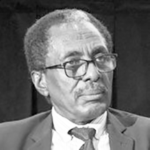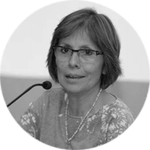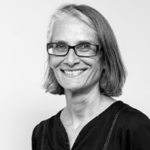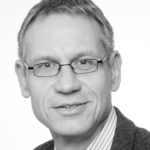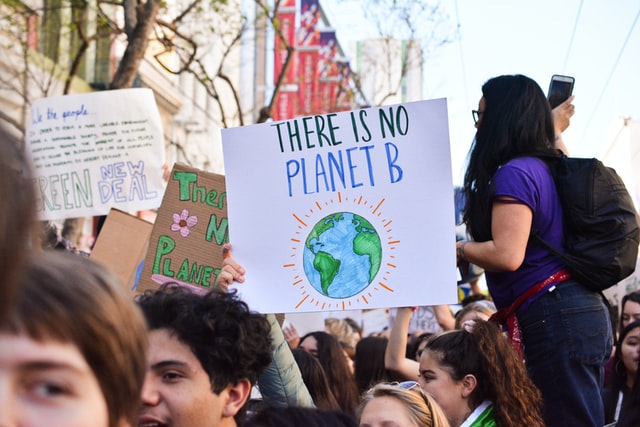
Societal Aspects of Climate Change
Current debate on the climate challenge and its required solutions is often dominated by stakeholders from high-income countries, such as scientists, politicians, industry representatives and NGOs. While some of the views of low-income and middle-income countries may differ widely, they seem to share common frames of reference for analysing the problems and their possible solutions.
Alternative perspectives and approaches developed in and by actors from low-income and middle-income countries can genuinely test Western frameworks, and rightly so. This working group aims, therefore, to provide a basis for exchanging views with international scientists from various non-European countries on their cultural, political and economic development conditions and on the challenges that climate change poses to our societies.
In May 2022, international fellows will gather in Leuven to discuss the social aspects of climate change at the Leuven Institute for Advanced Study. Within the very global climate issue as it is now, three themes will be discussed in more detail in May by Robert Jeszke, Florian Kaiser and Lindsay Bremner, who will join us in Leuven for intensive workshops. These expert seminars are always concluded by a public lecture and panel discussion in which the public can participate. These public moments take place in the refectory of Hollands College and will also be streamed live.
Programme
'Coal Phase-out is Key to the World Climate Strategy' with Prof. Robert Jeszke (The National Centre for Emissions Management KOBiZE, Poland), respondents: Eswaran Somanathan & Jos Delbeke
'Can we influence Behavioural Change?' with Prof. Florian Kaiser (Universität Magdeburg, Germany), respondents: Ángela Inés Cadena, Fekadu Beyene Aleka & Siegfried Dewitte
‘Climate Change and Urbanisation' with Prof Bremner (Westminster University, UK), respondents: Luciana Travassos & Hilde Heynen
Call for junior fellows
Leuven Institute for Advanced Study (LIAS) invites applications for visiting junior fellows within the project ‘Societal Aspects of Climate Change (May 2022).
The fellowships are intended for advanced Ph.D. students, postdocs or junior faculty members (tenure track) of Una Europa Universities. Applicants will be able to participate in expert workshops, discussions and lectures as well as actively engage with the LIAS community. During their stay, all fellows will have an office at Holland College so the informal contacts can be enhanced at coffee and lunch breaks.
LIAS covers all travel and hotel costs for junior fellows for a stay up to 14 days in Leuven with a maximum of € 1,000 for the total stay.
To apply, please send your application to Jelle Zeedijk no later than 24 April 2022. The applications will be reviewed shortly after this date and we will notify you about our decision by 30 April 2022.
Your application should contain:
- a short motivation (max 1 page), explaining how this LIAS project relates with your research and stating your preferred period of visit
- a short academic CV
FELLOWS
Participants in this project:
METAFORUM WORKING GROUP
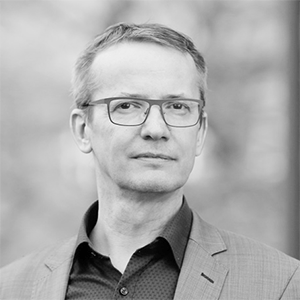
The intention is to gather scientific insights about major societal challenges in LIAS on the basis of international and interdisciplinary consultation.
Luc Sels
Rector KU Leuven and Co-Chair LIAS Foundation
Contact
- Pater Damiaanplein 9
- BE-3000 LEUVEN
- Contact
- +32 16 32 38 29

